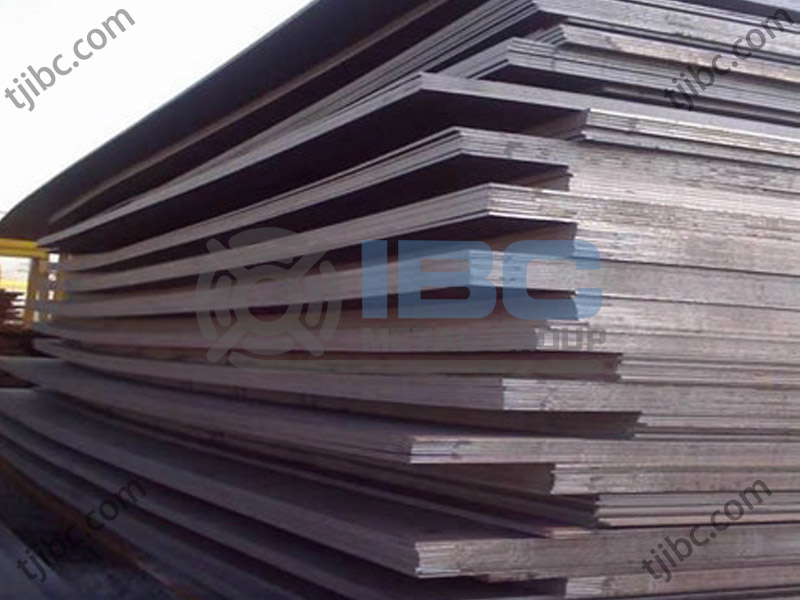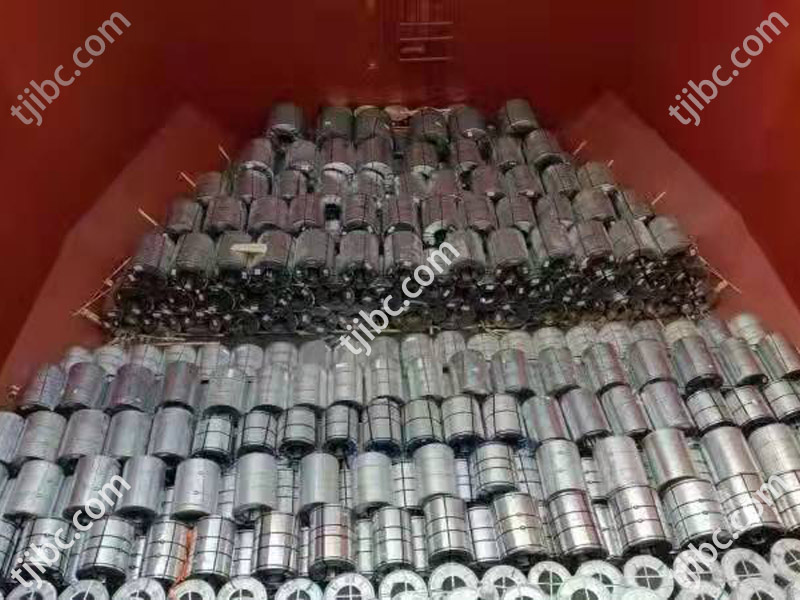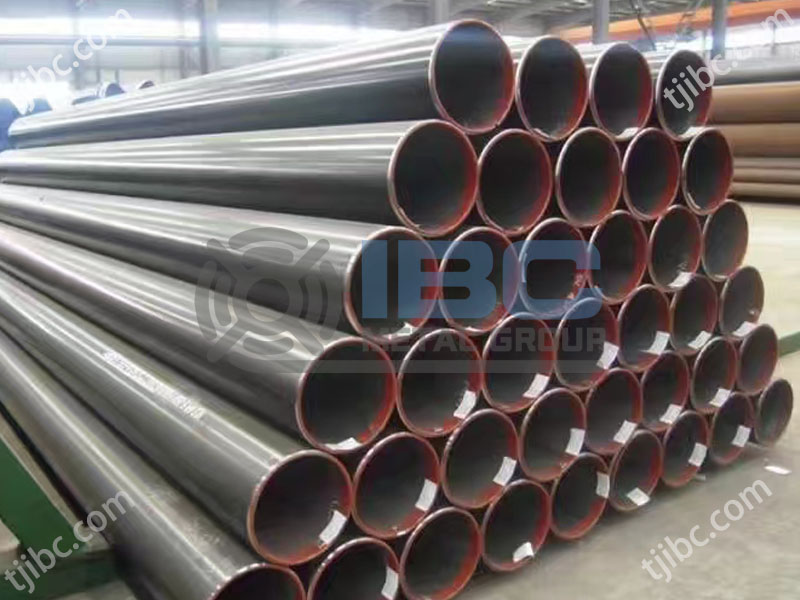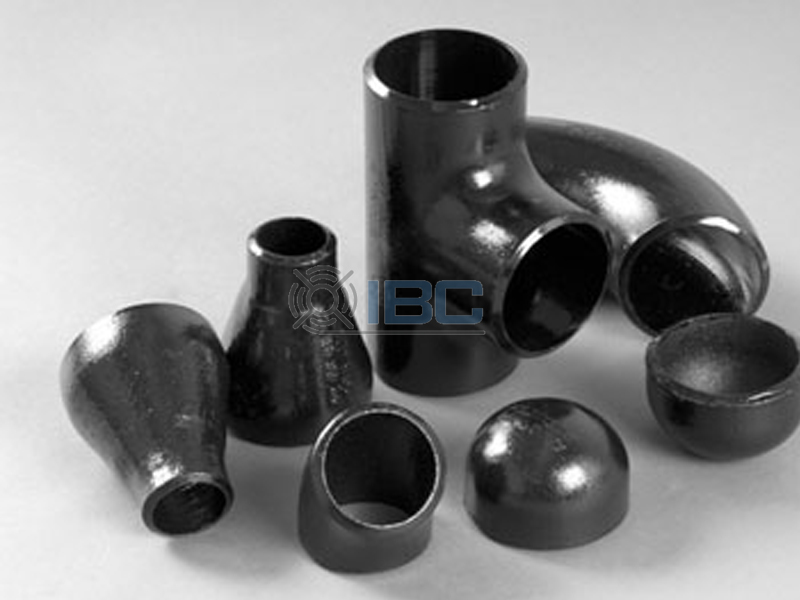Classification of Offshore and Marine Steel Plate
Offshore and Marine steel plate can be divided into many types according to their use and performance, mainly including:
General strength steel for hull structure: This type of steel is mainly used for the construction of ordinary ships, and is divided into four grades according to quality: A, B, C and D. Its mechanical properties such as yield strength and tensile strength are low. However, it is sufficient to meet the requirements of general navigation conditions.
High-strength steel for hull structure: used for ships requiring higher strength and toughness, such as ocean freighters, container ships, etc. This type of steel is divided into two strength grades (32, 36) and three quality grades (A, D, E). The main specifications are AH32, DH32, EH32, AH36, DH36, EH36 and so on. Among them, AH40 as a kind of high-strength steel, its yield strength reaches more than 400MPa. Therefore, it is particularly suitable for ship construction in extreme sea conditions.
Special Marine steel: including low-temperature ductile steel (such as 9Ni steel, used for liquefied gas ships), austenitic stainless steel and duplex stainless steel and composite steel (used for bulk chemical ships). These steels have special physical and chemical properties. This can meet the requirements of use under specific sailing conditions.
Main Feature of Offshore and Marine Steel Plate
High strength and toughness: Marine steel plates need to withstand the impact of external forces such as waves and wind waves. Therefore, it must have high strength and toughness to ensure the safety and stability of the hull structure. In particular, high-strength steel for hull structure and special ship steel have more outstanding performance in this respect.
Excellent corrosion resistance: The ship operates in the Marine environment for a long time, and the steel plate is susceptible to corrosion in seawater and wet environment. Therefore, Marine steel plates must have excellent corrosion resistance. Thus, the service life of the ship can be extended.
Good weldability: The shipbuilding process requires a lot of cutting, welding and splicing work on the steel plate. Marine steel plates need to have good weldability. This ensures that the quality and strength of the welded joint meet the requirements.
Strict quality control: The production process needs to go through a number of strict processes. Including raw material selection, melting, rolling, heat treatment, cutting and testing. Every link requires strict quality control. This ensures that the performance of the final product meets the requirements of the classification Society construction code.
Future Research and Development Trend
Research and development of high strength and high toughness materials: With the development of large-scale and high-speed ships, the requirements for high strength and high toughness of Marine steel plates are getting higher and higher. In the future, more attention will be paid to the research and development and application of high-strength and high-toughness materials to meet the use requirements under extreme sea conditions.
Improvement of corrosion resistance: In view of the corrosive characteristics of the Marine environment, Marine steel plates with higher corrosion resistance will continue to be developed in the future. For example, through surface coating technology, alloying technology and other means to improve the corrosion resistance of steel plates.
Optimization of welding performance: Welding is one of the key links in the shipbuilding process. In the future, more attention will be paid to the optimization of welding performance of Marine steel plates. This can improve welding efficiency and quality and reduce welding costs.
Research and development of lightweight materials: lightweight is one of the important development directions of the shipbuilding industry. The future will strengthen the development and application of lightweight materials such as aluminum alloy, titanium alloy and other new materials development and application. Thus reduce the ship’s own weight and improve navigation performance and cargo capacity.
The provision of customized services: With the continuous development of the shipbuilding industry, the market demand is increasingly diversified. In the future, Marine steel plate manufacturers will pay more attention to providing customized services. This can meet the needs of different customers to improve market competitiveness.

Contact with us today!



